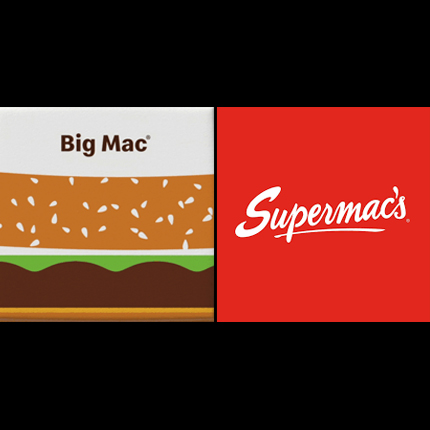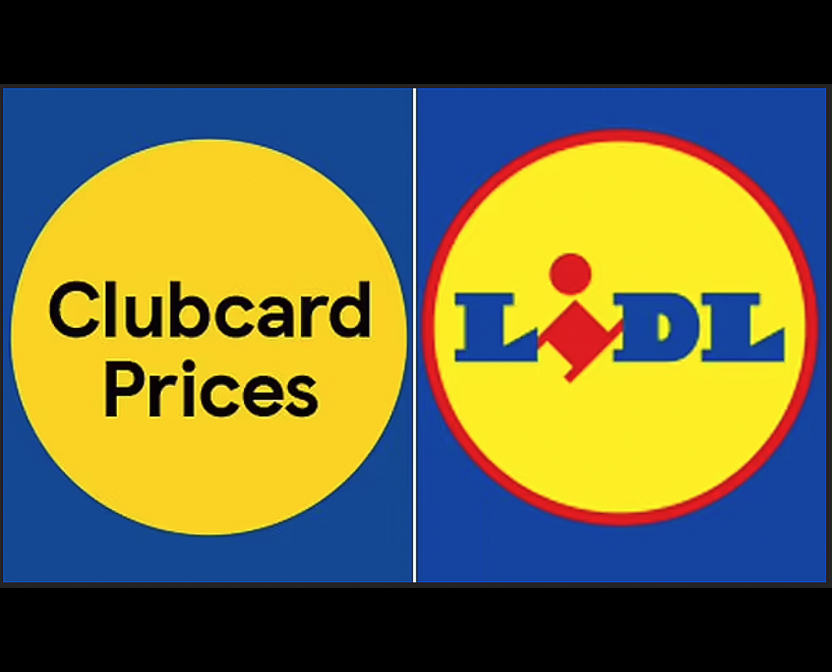Commercial Contracts Advice
At Vincents our Commercial Contracts Solicitors are here to offer Clear, precise Commercial Contracts Advice to suit your individual business needs. We’ve set out below answers to some of the questions we are often asked about different types of Commercial Contracts.
What is the difference between an Agency Contract and a Distribution Contract?
All types of businesses use an Agency Contract and this involves a “principal” and an “agent”. The agent acts on behalf of the principal to protect and enhance the interests of the principal. It is a commercial relationship relating to sales and marketing. The agent’s role is to promote the interests of its principal, whether it is in selling goods and services or in marketing the products and skills of the principal in the UK or beyond, and in exchange a commission is provided for their efforts. The agent does not normally take ownership of any of the principal’s goods. Furthermore, the agency relationship is governed by the Commercial Agents Regulations 1993. Care should always be taken when commencing or ending such a relationship, to ensure that any compensation payable is properly managed.
A Distribution Contract may be used between a distributor and a manufacturer to enable the onward resale of goods, with ownership passing from the manufacturer to the distributor who will make a profit on the goods. The relationship can be on an exclusive basis or non-exclusive and can be for a fixed term or within a set territory. It allows the manufacturer scope to manage the market in respect of the resale of their products.
We excel at providing Clear, Precise Advice delivered in a straight forward manner. If you need any advice or clarification about Agency or Distribution Contracts, get in touch with our Commercial Contracts Solicitors on 01772 555 176 or email webenquiries@vslaw.co.uk
Why do I need Terms and Conditions (T’s & C’s) for my business? Are they enforceable?
Terms and Conditions are a vital element for any business contract as they set out the rights, obligations and principles which underpin the contractual relationship between the parties. Well-drafted T’s & C’s allow each person to understand their business position and provides certainty in the event that there is a dispute.
Examples of terms and conditions include: Sale of Goods; providing Services; for the use of Software; hiring Equipment, etc.
Accordingly, Terms and Conditions can be enforced since they are contractual obligations.
If you think your Terms and Conditions are in breach, you can contact us for further information and Clear, Precise Advice at webenquiries@vslaw.co.uk
How does a Joint Venture Agreement (JVA) work?
JVA’s are used by parties to pool their knowledge and resources to meet a mutual objective and share the profits.
Certain types of JVA’s may be more suitable for you than others. Some JVA types are listed below:
- Contractual Joint Venture: The parties enter a contract such as a collaboration agreement or profit-sharing agreement setting out the terms of their relationship. Each party will have a financial commitment and duty to each other.
- A Special Purchase Vehicle Company: Parties set up a separate legal entity, usually a limited company, for the purpose of working together to achieve a mutual objective.
- Unlimited Liability Partnership: This type of agreement will regulate the way risk and profits are shared and the responsibility of each partner. As this arrangement requires parties to become partners under the Partnership Act 1890, a high level of trust and confidence should be present between the parties.
If you are about to embark on a Joint Venture and need Clear, Precise Advice, contact our Commercial Contracts Solicitors on 01772 555176 or email webenquiries@vslaw.co.uk
What does it mean to “novate” a contract?
Novation of a contract is where one party transfers their obligations and rights under the contract to an entirely new legal entity/party. It provides for commercial flexibility in a changing market.
The new party will receive the contractual benefit of the contract, although the terms and obligations under the original contract will remain the same.
For more information and Clear, Precise Advice, contact our Commercial Contracts Team or email webenquiries@vslaw.co.uk because Clear Advice Feels Better.
If I want to licence my Intellectual Property Right to a third party, what do I need to do?
A person owning an Intellectual Property Right, such as a registered Trade Mark, a Design or Copyright can grant a licence to another party to use and commercialise their Intellectual property. If this is something you are interested in, we can draft the right agreement for you.
It is important to get clear advice as there are many considerations. Some of which are listed below:
- Who the parties are.
- What Intellectual Property (IP) is being licenced? If the IP is registered, it should be identified by its registration number and the licence may need to be recorded at the Intellectual Property Office (IPO).
- When will the licence commence and expire.
- How will confidential information relating to the IP will be dealt with.
- Geographic area i.e. where the IP can be used.
- Rights and restrictions within the licence.
- Any performance obligations and measurements, e.g. sales, royalties, etc.
- How payment of royalties will be made and any other fees for the licence.
- Termination and the consequences of termination.
- How breach is to be measured and its impact.
- The Law and Jurisdiction of the Licence in respect of any disputes.
For clear advice relating to any commercial contracts you may be dealing with, contact our Commercial Contracts Solicitors on webenquiries@vslaw.co.uk We aim to provide a step-by-step breakdown of your situation delivered in simple terms so that you have the full picture going forward.
Meet our team of experts
Frequently asked questions
Company and Commercial Law Client reviews
Clear Advice Feels Better
Share Sale
Our share sale was protracted and changed each time a buyer dropped out and another took interest.
At no point did Michael fail to attend promptly to our requests and we thank him for his professionalism to the end.

Clear Advice Feels Better
I turned to Vincent’s with a challenging situation that needed very careful handling. Michael and Drew were respectful, understanding and supportive. This made them easy to liaise with and I always felt they had my back. Good at listening to what I wanted, we worked together in finding the best way to draw the matter to a close. This eased my stress and worry. I now highly recommend their services to anyone who needs legal advice and help. Thank you both.

Clear Advice Feels Better
I have been using Michael Sandys for commercial legal work for 20+ years. He has been a true asset to my business, dealing with many issues during that time.

Clear Advice Feels Better
I found Michael supportive throughout the process of selling my small business. I particularly appreciated how promptly he replied to any queries I had. I felt completely confident in the advice he gave me and want to thank him and his team for all their assistance.

Clear Advice Feels Better
Thanks Michael, and Drew, everything seems to have gone through smoothly.
I really appreciate the work both have you have done during this process. You have acted both professionally and also very personably, which I feel is important in such a business transaction. Based on my experience, I would have no hesitation in recommending you both personally should someone require similar services.
Thanks again

Clear Advice Feels Better
I have been using Michael for commercial legal work for 20+ years. He has been a true asset to my business, dealing with many issues during that time.

Supportive and Responsive
I found Michael supportive throughout the process of selling my small business. I particularly appreciated how promptly he replied to any queries I had. I felt completely confident in the advice he gave me and want to thank him and his team for all their assistance.
















